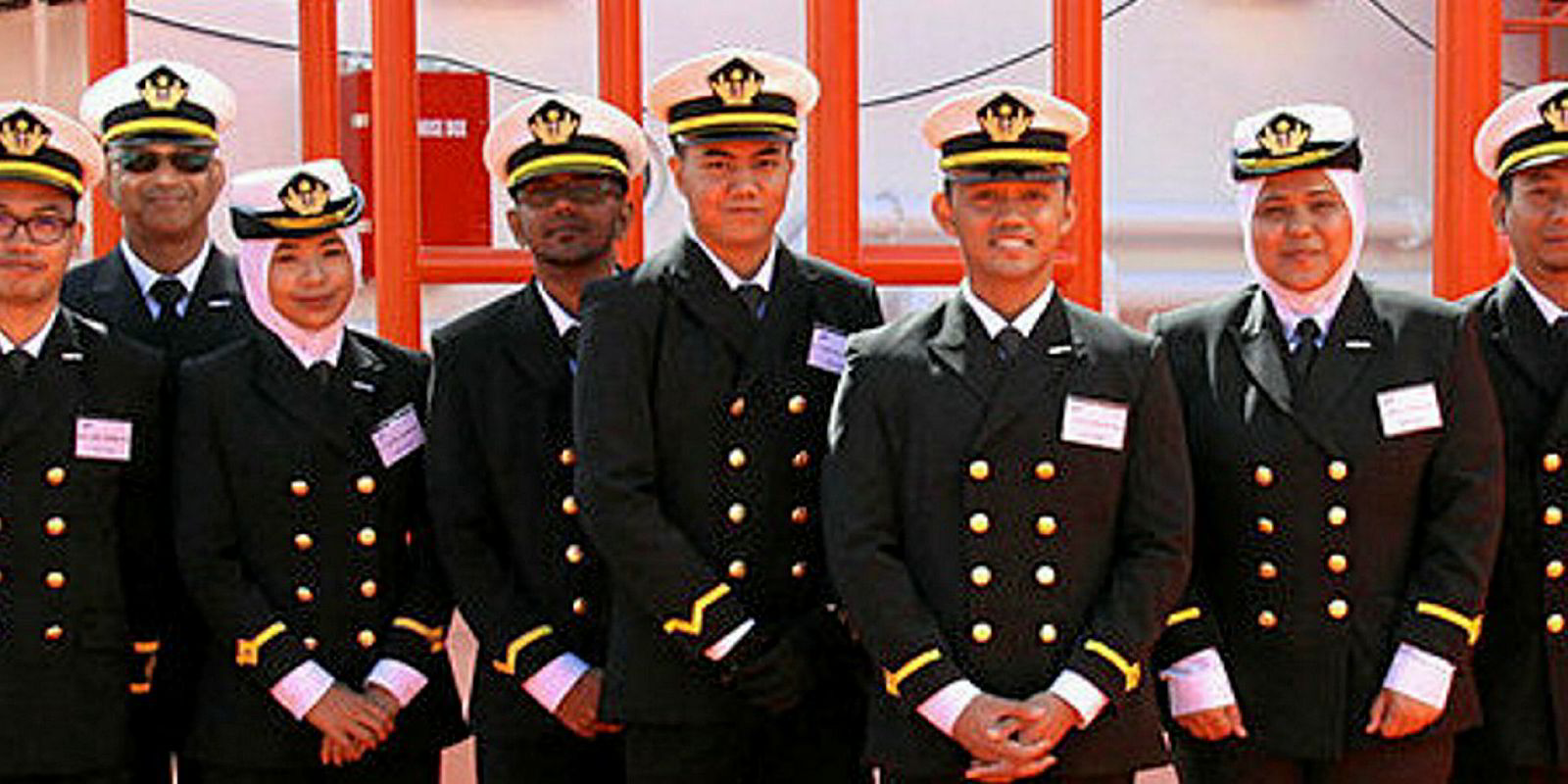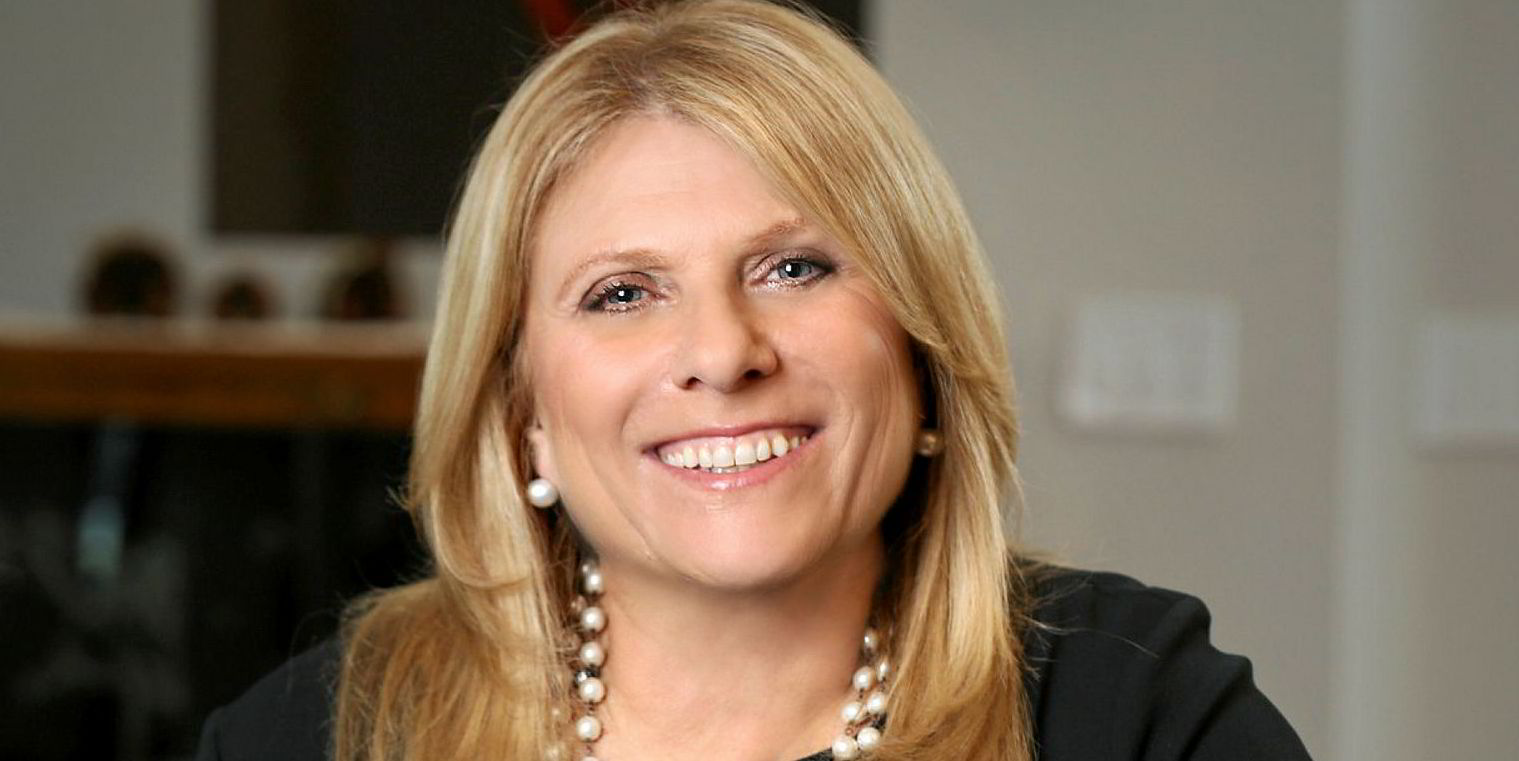Norway prides itself on gender equality in the workplace, but shipbroking is largely a male club.
No comprehensive survey of the proportion of female brokers is readily available, but a look at Norwegian shipbrokers’ websites shows that few break out of single digits.
The standout in this respect is Lorentzen & Stemoco, where just over a quarter of brokers at the Oslo headquarters are women.
But many well-known shipbroking firms have zero women brokers. At a typical Norwegian sale-and-purchase or chartering shop, with six to 10 brokers, partners or management, all are usually male. They are often accompanied by a woman in a non-commission-earning role — operations, research, accounting or administration.
Three of Norway’s biggest shipbroking or offshore broking teams are at Fearnleys, Clarksons Platou and Grieg.
Fearnleys’ website lists 46 brokers, including four women — less than 9%, which is still the best of the three.
The number for Clarksons Platou is roughly similar but harder to determine, as the company does not list brokers separately from non-broking roles. Of 64 total employees in the ship and offshore broking departments in Oslo, six are women, but only one of those — offshore veteran Marianne Aamodt — is a broker.
Grieg lists two women among its 32 shipbrokers in Norway — offshore broker Irene Fosse and an offshore trainee — both in Bergen.
There are no quotas for most jobs in Norway, although they are legal in some severely out-of-balance professions, for student admissions, political party leadership and board members of stock-listed companies, which must be 40% women.
At the Norwegian Shipbrokers Association, the seven-member board has no women after the departure of Kirsti Dvergsnes last year.
Some sources make the case — although not on the record — that gender diversity in shipbroking does not have the social importance it has in professions such as teaching, law, medicine or politics.
But Christian Andersen, chairman of Lorentzen & Stemoco, argues that in addition to fairness to women, diversity is in the employer’s own interest.
“If we are going to be among the best companies in the world in our field, we have to choose from the whole population,” he said. “Otherwise, we lose 50% of the potential talent for a given job.”







